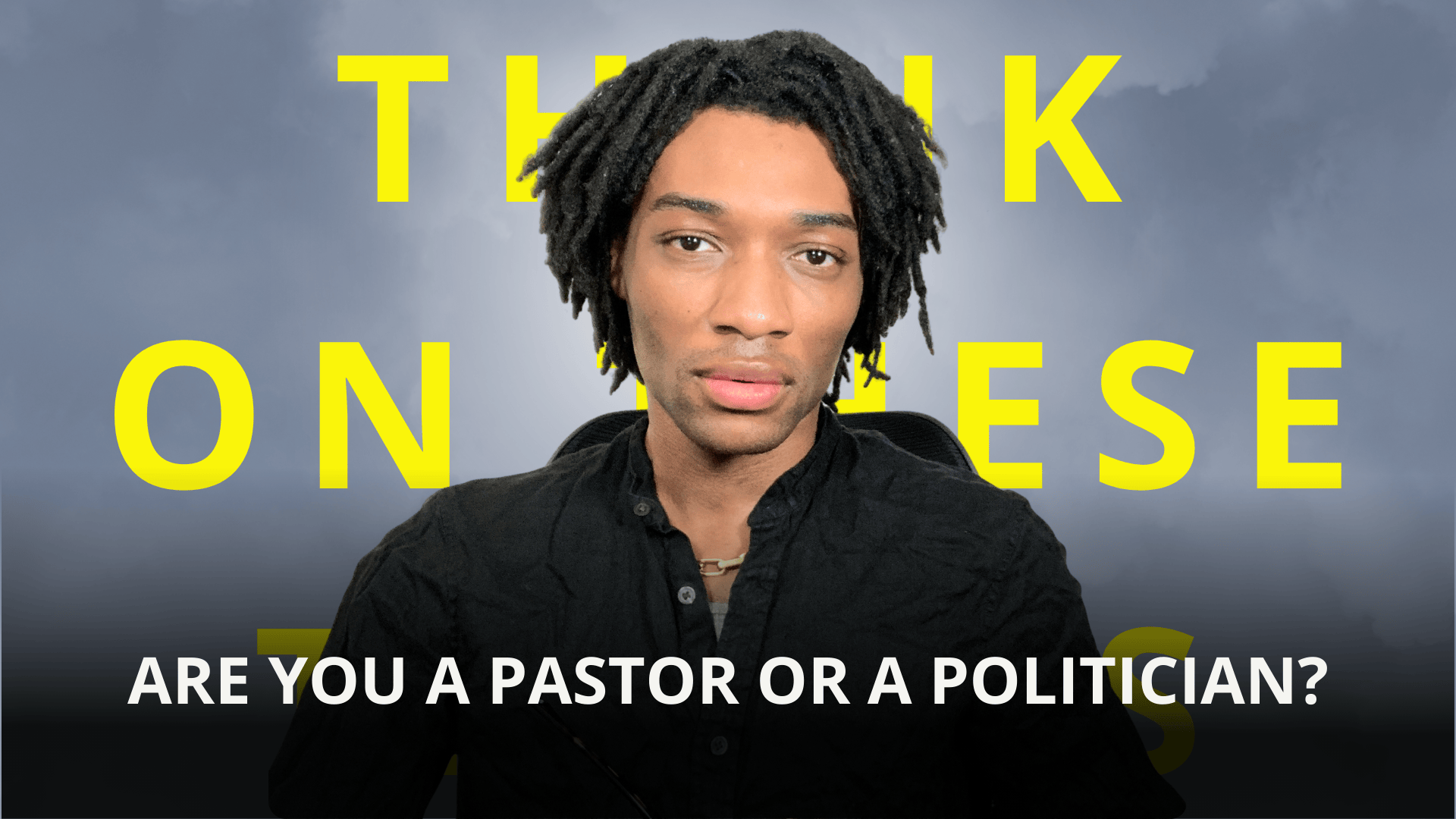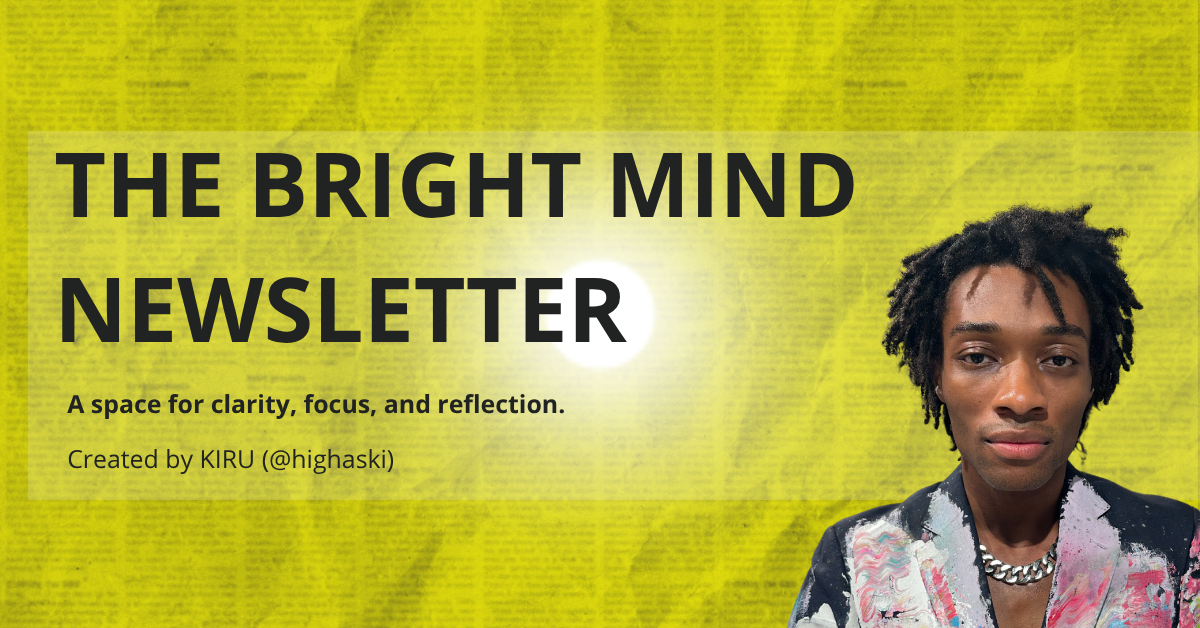The Man Who Robbed a Bank with Lemon Juice on His Face—and the Psychological Phenomenon He Inspired
A deep dive into the cognitive bias that makes us dangerously overconfident when we know the least.
Of all the quirks in human psychology, few are as fascinating and frustrating as the Dunning-Kruger effect. This cognitive bias describes a peculiar inverse relationship between competence and confidence. In short, people with low ability in a specific domain tend to significantly overestimate their skill, while those with genuine expertise often underestimate theirs. It’s the phenomenon that explains why your amateur photographer cousin thinks he’s the next Ansel Adams and why a Nobel laureate might preface a groundbreaking statement with, "I could be wrong, but...".
Understanding the Dunning-Kruger effect is crucial because it goes to the heart of self-awareness, learning, and civil discourse. It reveals the hidden architecture of our own ignorance and provides a framework for cultivating the intellectual humility needed to grow.
An Origin Story Involving Lemon Juice
The story of the Dunning-Kruger effect begins not in a laboratory, but with a baffling crime. In 1995, a man named McArthur Wheeler robbed two Pittsburgh banks in broad daylight, his face completely uncovered. When police arrested him later that day, he was incredulous. "But I wore the juice," he mumbled. Wheeler believed that rubbing lemon juice on his face would make him invisible to security cameras, a profound misunderstanding of basic chemistry.
This bizarre incident caught the attention of two social psychologists at Cornell University, David Dunning and Justin Kruger. They weren't just amused by Wheeler's folly; they were intrigued by his baffling confidence. How could someone be so wrong, yet so sure he was right? They hypothesized that incompetence itself robs a person of the very ability to recognize their own incompetence. This became known as the "double curse": not only is the individual unskilled, but they lack the metacognitive capacity to realize it.
To test this, Dunning and Kruger conducted a series of now-famous experiments, published in their 1999 paper, "Unskilled and Unaware of It." They assessed undergraduate students in domains like humor, grammar, and logic. After the tests, they asked the students to estimate their own performance. The results were stark.
Participants scoring in the bottom quartile grossly overestimated their abilities, believing they had performed well above average.
Conversely, those in the top quartile tended to slightly underestimate their performance, assuming that tasks they found easy must be easy for everyone else, too.
The researchers concluded that the skills required to produce a correct answer are often the very same skills required to recognize a correct answer. The path to expertise, they showed, is not just about gaining knowledge but also about developing the self-awareness to accurately assess one's own limitations.
From Academic Curiosity to Internet Meme
In the decades since its publication, the Dunning-Kruger effect has transcended academia to become a fixture in popular culture. It's frequently invoked in online debates, workplace meetings, and political commentary to explain misplaced overconfidence. The concept of "Mount Stupid"—an unofficial name for the graph's peak where beginners exhibit maximum confidence—has become a popular meme, a shorthand for anyone speaking with unwarranted authority.
However, its popularity has also led to oversimplification. The Dunning-Kruger effect is often misconstrued as "stupid people think they're smart." This is a harmful misinterpretation. The effect is not about general intelligence but about domain-specific skill. A brilliant physicist can easily be an incompetent poet and be completely unaware of it. We are all susceptible to the Dunning-Kruger effect in any area where we are beginners.
The theory has faced its share of academic scrutiny, with some critics suggesting it's merely a statistical artifact of "regression to the mean." However, Dunning and Kruger's core finding—that improving participants' skills also improved their ability to self-assess—provides strong evidence for a genuine metacognitive deficit at play. It's not just a statistical quirk; it’s a real psychological phenomenon.
The Effect in the Wild
Once you understand the Dunning-Kruger effect, you see it everywhere. It’s the amateur investor on social media doling out financial advice with absolute certainty. It's the new manager who, after a weekend seminar, tries to overhaul a system that seasoned employees have spent years perfecting. It’s the politician confidently making declarations on scientific matters far outside their expertise.
The ethical implications are significant. In medicine, an overconfident but unskilled practitioner can cause real harm. In finance, it can lead to devastating economic decisions. In our personal lives, it can prevent us from seeking advice, accepting constructive criticism, and ultimately, from learning and improving. The inability to recognize our own blind spots makes us vulnerable to misinformation and resistant to personal growth.
Escaping the Ignorance Trap
The Dunning-Kruger effect may seem like a grim diagnosis of the human condition, but it also contains the blueprint for its own cure. It teaches us that the first step toward wisdom is recognizing the vastness of our own ignorance. So, how can we apply this knowledge in our daily lives?
Embrace Intellectual Humility. The most knowledgeable people are often the quickest to say, "I don't know." Cultivating this mindset keeps you open to learning. Actively question your own assumptions and acknowledge that your perspective is inherently limited.
Seek and Value Feedback. Since we are poor judges of our own performance, especially in new domains, we must rely on the external perspectives of others. Ask for honest, constructive feedback from trusted mentors, peers, and experts. More importantly, listen to it, even when it's hard to hear.
Keep Learning. The most effective antidote to the Dunning-Kruger effect is to push past the peak of "Mount Stupid" and continue learning. The more you learn about a subject, the more you begin to appreciate its complexity and nuance, which naturally tempers overconfidence with a more realistic self-assessment.
Ultimately, the Dunning-Kruger effect is not a weapon to be wielded against others in an argument. It’s a mirror to hold up to ourselves. It reminds us that confidence is no substitute for competence and that the wisest among us are those who remain perpetual students, fully aware that there is always more to learn.
Keep Going!
Check out these related posts









